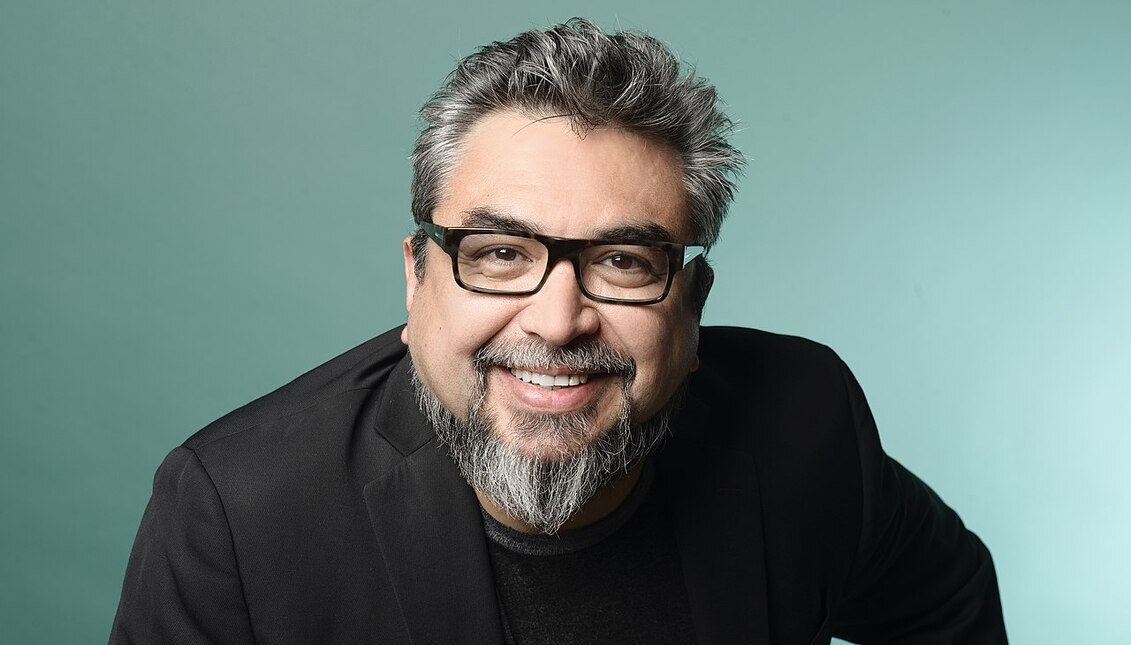
Chilean Journalist Cristian Alarcón wins the 2022 Alfaguara Novel Prize
The prize, worth $175,000, is one of the most important literary awards given to an unpublished work written in Spanish.
Chilean writer Cristian Alarcón has been awarded the 2022 Alfaguara Novel Prize, one of the most important literary awards given to an unpublished work written in Spanish, endowed with $175,000 and a sculpture by Manuel Chirino.
Alarcón won the prestigious award, which this year celebrates its 25th anniversary, thanks to El tercer paraíso (The Third Paradise). It's a "beautiful novel with a dual structure set in different parts of Chile and Argentina, in which the protagonist reconstructs the history of his ancestors, while delving into his passion for cultivating a garden, in search of a personal paradise," declared the president of the jury, Fernando Aramburu.
El tercer paraíso also reflects recognizable historical events in the history of Argentina and particularly Chile: from the 1960 earthquake to Salvador Allende's rise to power, the coup d'état, and subsequent repression.
"The story does not elude personal and collective tragedies but it is an admirable story of hope about beauty, the pleasure of the senses and the possibility of finding a personal refuge in the form of a landscaped space," added Aramburu.
Alarcón (born in 1970 in La Unión, Chile), whose family was exiled to Argentina when he was a child fleeing from Pinochet, defined himself during the announcement of the award as "a chronicler of the global south to which I belong," and that his novel seeks to "tell the story of Latin America from a conscious feminist perspective."
RELATED CONTENT
Dedicated to investigative journalism since the 1990s, Alarcón has been a regular contributor to newspapers such as Clarín and Página 12, and magazines such as TXT and Rolling Stone.
The author also explained that El tercer paraíso, which will go on sale on March 24, was written during the isolation of the pandemic and that it is a "Latin American family novel where I honor those I consider my teachers, such as Ryszard Kapuscinski."
His previous books include Cuando me muera quiero que me toquen cumbia (2003), set in a group of young thieves on the outskirts of Buenos Aires, and Si me querés, quereme transa (2010), where he recounts the disputes between five drug traffickers in the Argentine capital, skillfully mixing fiction with non-fiction.
In 2012 he founded the magazine Anfibia, a reflection of the transformation of the Latin American chronicle, and in 2013, he published Un mar de castillos peronistas, where he brings together a series of travel chronicles and profiles of dissident and marginalized characters in Argentina. He is currently a professor at the Faculty of Journalism and Social Communication at the University of La Plata, Argentina.












LEAVE A COMMENT: